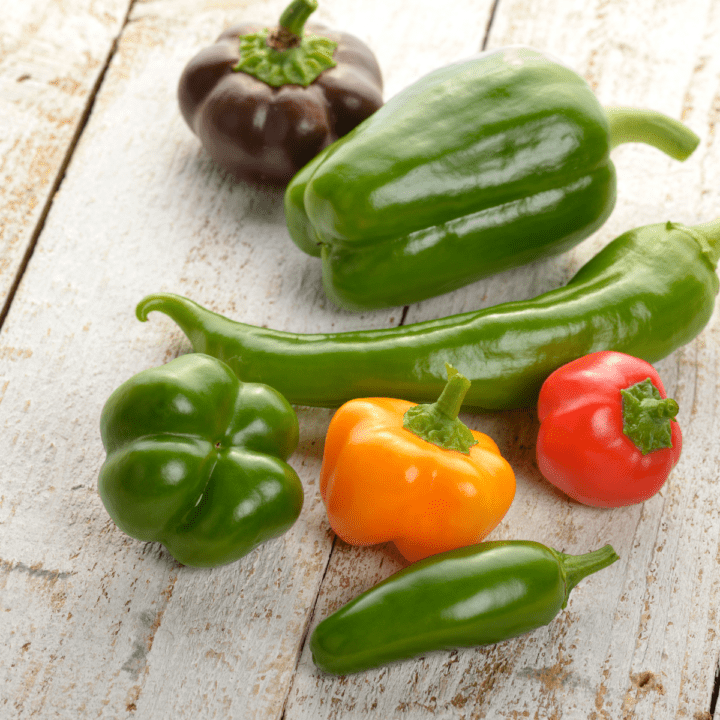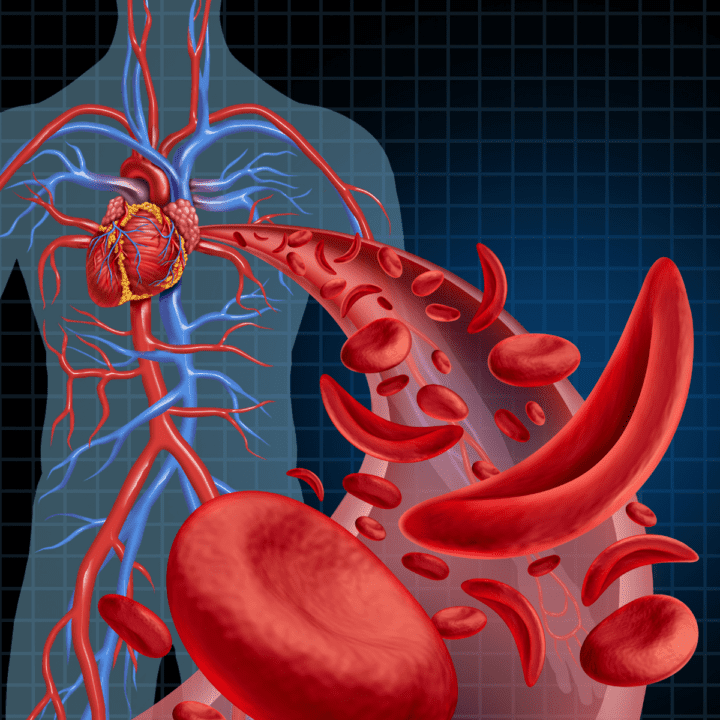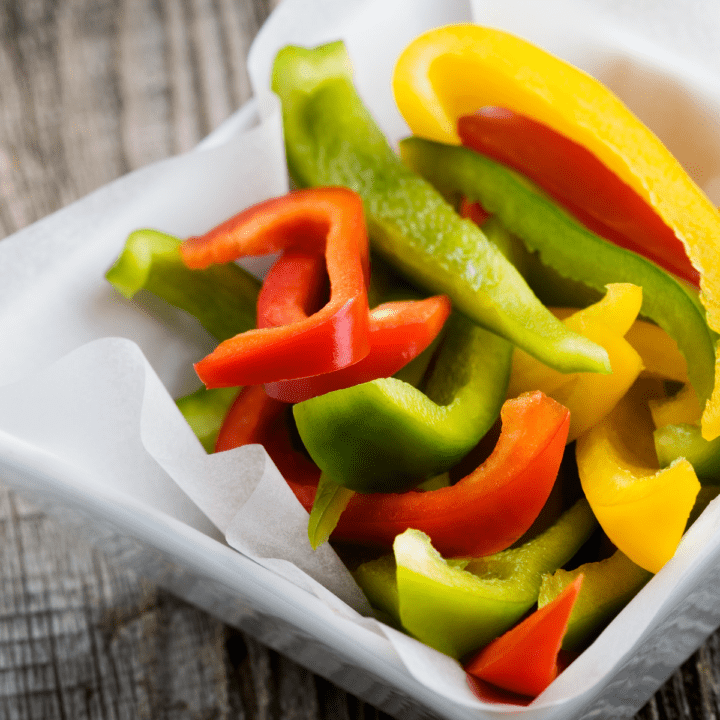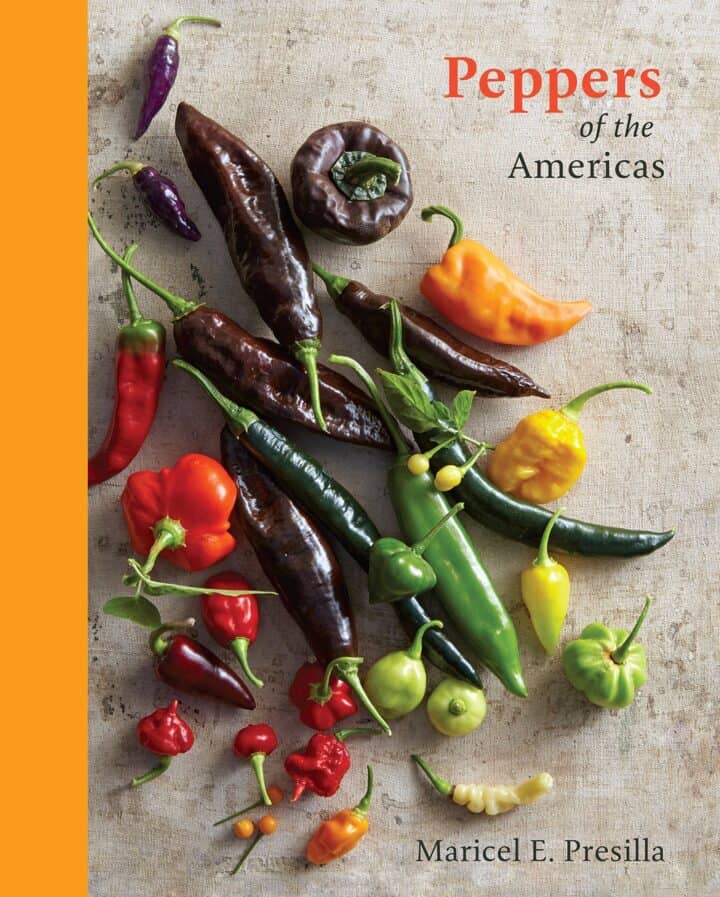
Do all Peppers have the same health benefits?
Peppers are part of the nightshade family and are loaded with health benefits. Peppers have so many health benefits I felt it was worth doing an article devoted to peppers' health benefits. It’s worth noting that peppers' nutritional contribution varies depending on their color, with red varieties supplying more potassium, vitamin C, and folate than their yellow, orange, or green equivalents. However, immature green peppers are significantly richer than their mature red equivalent in the protective plant compounds known as polyphenols.
Preparation does affect the health benefits of peppers.
Like other vegetables, preparation and cooking methods will affect the nutritional value. Pre-roasted peppers, a popular deli-counter purchase available in a jar or tub, lose up to 25 percent of their vitamin C content. How long the pepper is cooked, the temperature used, the method of cooking, and any preservation techniques influence the amount of loss. However, dry heat, such as that in stir-frying and roasting, is preferable to boiling or steaming.
Peppers have a lot going for them. They're low in calories and are loaded with good nutrition. All varieties are excellent sources of vitamins A and C, potassium, folic acid, and fiber. Plus, the spicy ones liven up bland food, making it more satisfying.
Peppers come in all sizes and colors. Some pack heat. Others are sweet. You can get them fresh, frozen, dried, or canned.
You've seen peppers -- green, orange, yellow, and red -- in the grocery store or in a salad bar. Red peppers pack the most nutrition because they've been on the vine the longest.
Green peppers are harvested earlier before they can turn yellow, orange, and red. Compared to green bell peppers, the red ones have almost 11 times more beta-carotene and 1.5 times more vitamin C.
Reduce the risk of cataracts and macular degeneration
Nutrition plays an integral part in delaying the development of age-related sight loss. In particular, when eaten in sufficient amounts, two carotenoids called lutein and zeaxanthin appear to improve eye health. They do this by protecting the retina from oxidative damage. Red peppers are especially rich in these carotenoids, and other protective nutrients such as vitamin C. Numerous studies suggest that regularly eating foods rich in carotenoids, especially lutein and zeaxanthin, may cut the risk of both cataracts and macular degeneration.

Reduce the likelihood of anemia
A common condition, especially among women and girls of reproductive age, anemia results from a lack of oxygen in the blood. One of the most typical causes is iron deficiency. Bell peppers contribute modest amounts of iron but are remarkably rich in vitamin C, with half a pepper supplying as much as 100mg. This is significant because vitamin C increases the absorption of iron in the gut and numerous studies confirm that diets high in vitamin C-rich fruit and vegetables result in greater iron uptake. Bell peppers help further because they contain vitamin B6, which is needed to make hemoglobin, the protein which carries oxygen around the body.
Protect against certain chronic diseases
Peppers are rich in antioxidants, associated with better health and protection against conditions like heart disease and cancer. For instance, peppers are especially rich in antioxidants, vitamins C, E, and beta-carotene. They also supply bountiful amounts of polyphenols, these protective plant compounds include lutein, quercetin, and capsanthin, which are especially rich in ripe red peppers. Being an antioxidant powerhouse suggests peppers offer a strong anti-inflammatory capacity and are likely to lower the risk of chronic disease. Sadly, to date, large-scale studies that specifically look at the consumption of bell peppers on the incidence of chronic disease remain lacking.
Delay age-related memory loss
Interestingly, animal studies suggest that bell pepper consumption may effectively prevent memory loss in those with Alzheimer’s. Compounds in ripe peppers appear to inhibit an enzyme that releases amyloid proteins – these proteins are responsible for accumulating around nerve fibers and contributing to the risk of Alzheimer’s. Subsequent research suggests that it’s possibly the many plant compounds in peppers, including phenols, carotenoids, and flavonoids, that may be responsible for these findings.
Blood-sugar lowering effects
Some studies suggest peppers aid blood sugar management. However, increasing evidence supports the polyphenols found in plants like peppers, which have a beneficial influence on blood sugar and appear to help reduce the risk of diabetes; more human studies are needed. It’s hoped that future research will provide insight into how much would constitute an effective intake of polyphenol-rich foods.
What is the healthiest pepper to eat?
Red bell peppers come out on top when it comes to vitamin A too. Red bell peppers have the highest beta-carotene content, with orange peppers having a little less and yellow and green not having much vitamin A.

Is it better to eat bell peppers raw or cooked?
Red peppers are a great source of vitamin C, carotenoids, polyphenols, and other phytochemicals, Allidina says. One cup of red peppers provides three times more vitamin C than an orange. Eating raw red peppers is best because heat depletes the vitamin C content.
What About Weight Loss?
If you've heard the claim that peppers make you lose weight, you may want to take it with a grain of salt.
Capsaicin: Found in hot peppers (including chilis and cayenne powder), capsaicin has been shown to boost metabolism and suppress appetite, at least slightly. Over time, this effect might give you an extra edge in weight loss. But it won't melt the pounds away.
Research shows that people who don't typically eat spicy foods will most likely benefit from turning the heat up a notch. Capsaicin affects metabolism by raising body temperature, which uses more energy. In this nursing article, Chili pepper as a body weight-loss food, you can find more information about chili peppers and weight loss.
Our Favorite Pepper Recipes
HOW TO PICKLE AND CAN ANY PEPPER
QUICK AND HEALTHY PASTA PRIMAVERA RECIPE
CANNED TOMATOES & CHILIES: ROTEL COPYCAT RECIPE

Our Favorite Pepper Books
The Science of Spice: Understand Flavor Connections and Revolutionize Your Cooking
The Peppers Cookbook: 200 Recipes from the Pepper Lady's Kitchen
Peppers of the Americas: The Remarkable Capsicums That Forever Changed Flavor (A Cookbook)
The Chile Pepper Bible: From Sweet to Fiery and Everything in Between
Resources used in this blog post
Links to the nutritional and nursing articles used in this post can be found and referenced below.
Thuphairo, K., Sornchan, P., & Suttisansanee, U. (2019). Bioactive Compounds, Antioxidant Activity and Inhibition of Key Enzymes Relevant to Alzheimer's Disease from Sweet Pepper (Capsicum annuum) Extracts. Preventive nutrition and food science, 24(3), 327–337. https://doi.org/10.3746/pnf.2019.24.3.327
Varghese S, Kubatka P, Rodrigo L, Gazdikova K, Caprnda M, Fedotova J, Zulli A, Kruzliak P, Büsselberg D. Chili pepper as a body weight-loss food. Int J Food Sci Nutr. 2017 Jun;68(4):392-401. doi: 10.1080/09637486.2016.1258044. Epub 2016 Nov 29. PMID: 27899046.
Willcox JK, Ash SL, Catignani GL. Antioxidants and prevention of chronic disease. Crit Rev Food Sci Nutr. 2004;44(4):275-95. doi: 10.1080/10408690490468489. PMID: 15462130.
Wu J, Cho E, Willett WC, Sastry SM, Schaumberg DA. Intakes of Lutein, Zeaxanthin, and Other Carotenoids and Age-Related Macular Degeneration During 2 Decades of Prospective Follow-up. JAMA Ophthalmol. 2015 Dec;133(12):1415-24. doi: 10.1001/jamaophthalmol.2015.3590. PMID: 26447482; PMCID: PMC5119484.
All health content on DaysWellSpent.com is provided for general information only and should not be treated as a substitute for the medical advice of your doctor or any other health care professional. You should contact your local healthcare provider if you have any concerns about your general health.